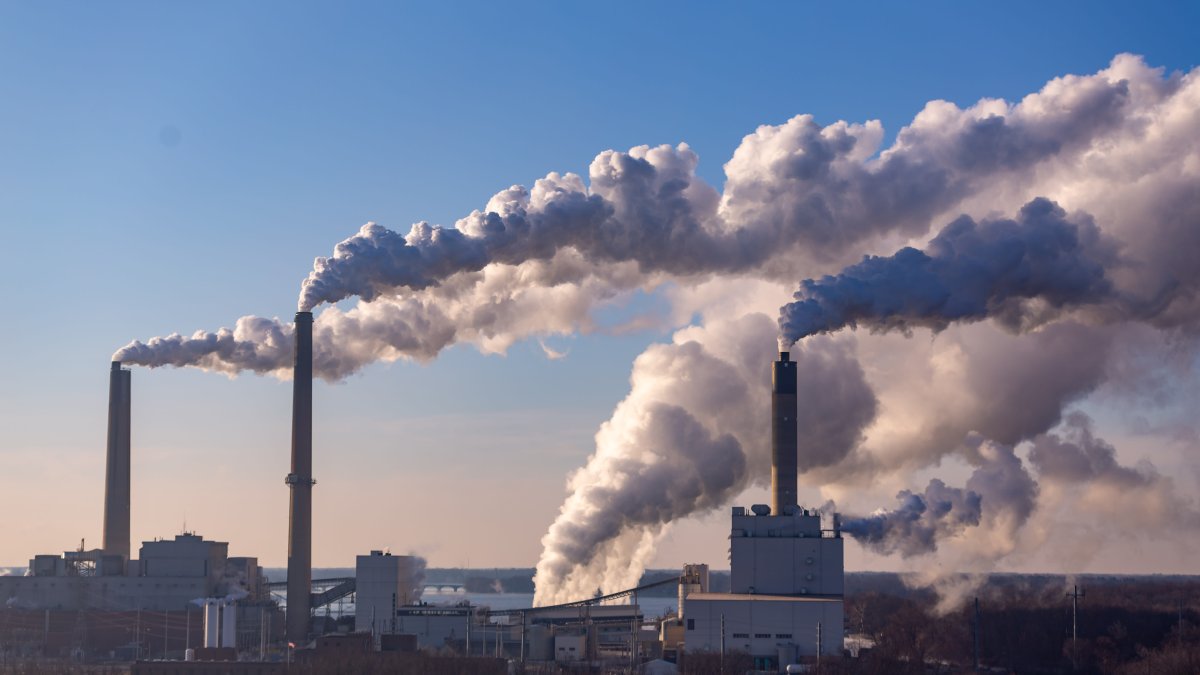what there is to know
- The former Ciba-Geigy chemical plant was one of the nation’s worst toxic waste sites, was added to the federal Superfund cleanup list, and still contains a large plume of chemically contaminated groundwater.
- Under a proposed deal with New Jersey environmental regulators, BASF would complete nine environmental projects, including restoring wetlands and green spaces; create footpaths, boardwalks and an elevated viewing platform; preserve forests and build an environmental education center at a cost of approximately $30 million.
- In a Monday hearing that lasted nearly six hours, several residents said the site was too toxic, chemically and symbolically, to use it for anything again.
NEW JERSEY – The former Ciba-Geigy chemical plant poisoned the soil and water in Toms River, New Jersey, where childhood cancer rates soared in the 1980s and 1990s.
It was one of the nation’s worst toxic waste sites, was added to the federal Superfund cleanup list, and still contains a large plume of chemically contaminated groundwater.
But state officials and the site’s current owner, Germany-based BASF Corp., believe the fenced land, with some restoration work, could be made suitable for public use again. Under a proposed deal with New Jersey environmental regulators, BASF would complete nine environmental projects, including restoring wetlands and green spaces; create footpaths, boardwalks and an elevated viewing platform; preserve forests and build an environmental education center at a cost of approximately $30 million.
If two emotional public hearings are any indication, most residents of Toms River, an upscale Jersey Shore community about 55 miles north of Atlantic City, want the state to scrap the deal and start over.
In addition to a widespread sense that the transaction does not punish BASF for Ciba-Geigy’s conduct (which it is not supposed to), many residents still express a deep distrust of not only the company but also to the government, citing decades of neglect and lax oversight that allowed Ciba-Geigy to dump chemicals and dyes into the Toms River and directly onto the ground for years with impunity. As veteran environmental activist Peter Hibbard said, “It was like they had a golden ticket to pollute.”
And in a nearly six-hour hearing on Monday, several residents said the site was too toxic, chemically and symbolically, to use for anything again.
“Why not just re-wild the area? asked Summer Bardier, whose uncle worked in the factory and sweated the color of the dye he was working on when he came home in hot weather. “Why potentially hurt, expose, hurt and maybe kill other people? This land is off limits now; people don’t want to go back.”
“The public won’t want to use it for passive recreation,” added resident Phil Solomon.
Sean Moriarty, deputy commissioner of the New Jersey Department of Environmental Protection, grew up with the Ciba-Geigy plant; he and his friends were jumping over the fence and playing in the plant’s forest, much to the dismay of his mother, an oncology nurse at the local hospital.
“I wouldn’t be here tonight in front of a place where I always say I am if I didn’t personally believe in the DEP’s proposed deal,” he said. Responding to a question about whether he would build a house on the site and move his family there, Moriarty said he plans to take his children hiking the trails once the projects are complete.
Beginning in the 1950s, Ciba-Geigy Chemical Corp., the city’s largest employer, dumped chemicals into the Toms River and Atlantic Ocean, burying 47,000 barrels of toxic waste in the ground. This created a column of contaminated water that spread beyond the site into residential areas.
Although it has shrunk in size, the plume remains and cleanup efforts will need to continue for years.
Authorities say the water in the River Toms is currently safe to drink.
The state health department found that 87 children in Toms River, then known as Dover Township, were diagnosed with cancer between 1979 and 1995. A study determined that rates of cancer and leukemia Infant fees among Toms River girls were significantly high compared to state rates. Similar rates were not found for boys.
The company, which has been criminally charged, has paid millions of dollars in fines and penalties on top of the $300 million it and its successors have paid so far to clean up the 1,250-acre site ( 506 hectares), an endless continuous effort. in sight. .
The deal announced in December is aimed at BASF, the successor to Ciba-Geigy, compensating New Jersey for environmental damage caused by decades of pollution. But rather than just write a check, the agreement requires BASF to preserve enough land to recharge groundwater that was contaminated when Ciba-Geigy dumped chemicals down wells or directly into the ground.
In a statement, BASF said it remained committed to the deal, which has not yet been finalized.
“We look forward to preserving the land, implementing planned restoration projects and opening up new opportunities to foster recreation, learning and community engagement at the site,” said Molly Birman, gatekeeper. company word. He noted that the company continues to fulfill its responsibility to treat groundwater at and around the site, which is separate from the proposed natural resource facility.
In 1992, Ciba-Geigy paid $63.8 million to settle criminal charges for illegal hazardous waste disposal, and it and two other companies settled $13.2 million with 69 families whose children were diagnosed with cancer.

